
7 Questions To Ask Yourself Before Buying Anything If You Want To Save Money
Are you guilty of making impulse purchases that you regret and are eventually left to collect dust in your home? Impulse shopping is a habit that's hard to kick, but if you want to save more money and have less things in your home, it must be done. ?
We have seven simple questions to ask yourself when you're shopping! When you're about to buy something unnecessary on impulse, these questions will help you realise that you shouldn't actually buy it. If you pass the test for all the questions, then you know it's something that you can 'add to cart' without regretting it later.
Keep reading to check them out!
#1 Do I already have something similar?
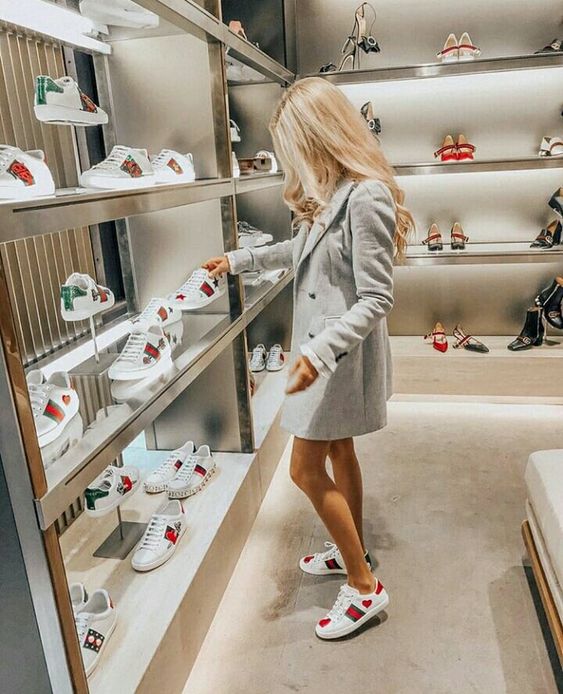 Photo from Pinterest
Photo from Pinterest
If you already have something similar that serves the same basic purpose, you probably don't need to buy it. Slight variations don't count! If the most important function is met with the things you already have, then you don't need a new variation of it.
For clothes and accessories, you don't need the same clothing type in a different colour or print. If you want to be even more strict on yourself, you can exclude by a broad clothing category! For example, if you already have a cardigan, then you don't need any other type of outerwear like leather jackets or bomber jackets.
#2 Is it easy to use?
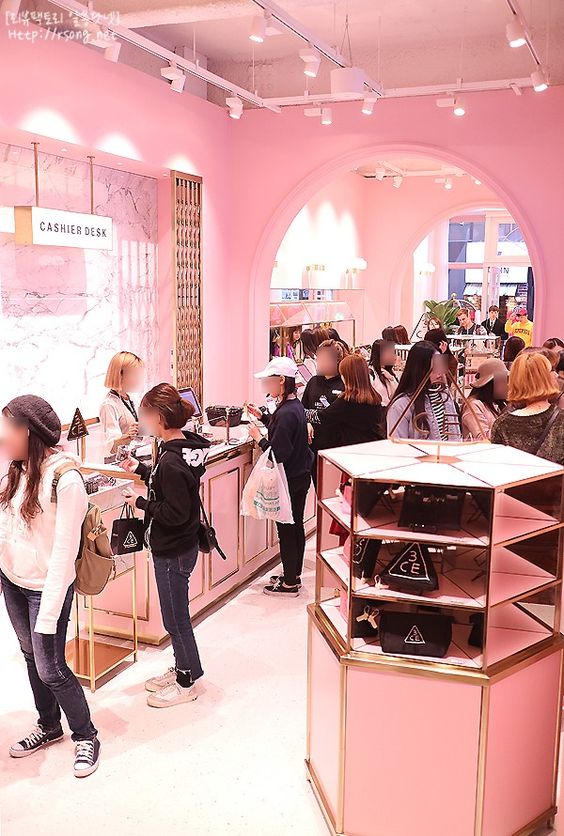 Photo from Pinterest
Photo from Pinterest
If something looks cool and amazing, it can sway your decision to buy it immediately without considering the practicality of its use. Before hitting 'send order', think about how that product will fit into your daily life. If it's something that will cause any kind of inconvenience or delay to your routine, then it's best not to buy it. In fact, if it doesn't make your life more convenient or improve the quality of your life, then you don't really need it.
For example, if a clothing item is a hassle to put on or take off, don't buy it! Even if you look great in it and could see yourself wearing it often, you will probably avoid wearing it at the thought of fiddling with buttons, zips or belts every time you go for a toilet break.
This goes for cleaning and maintenance too! If you purchase something that requires a lot of upkeep or is difficult to clean, you'll want to replace it sooner or later.
#3 Will I use it often?
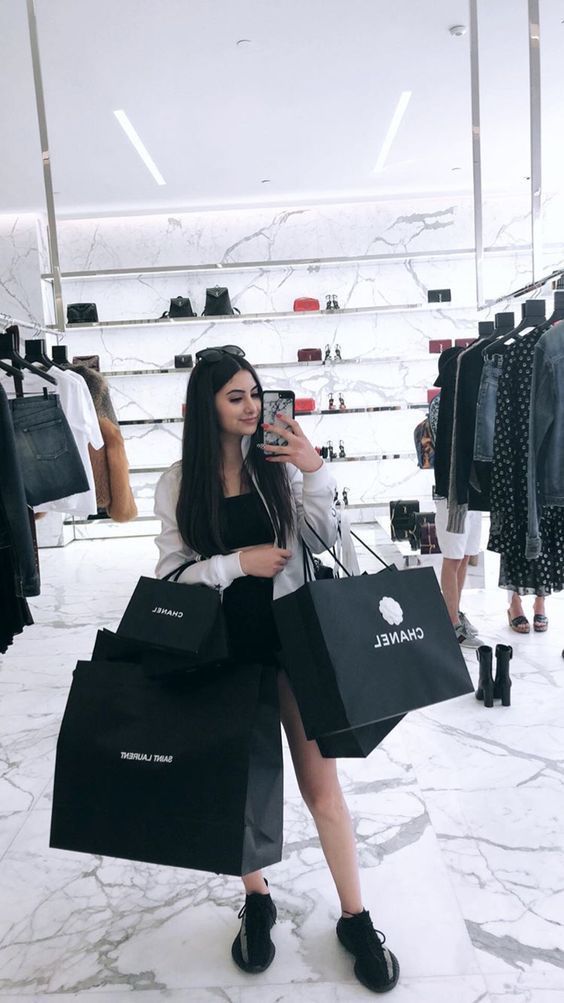 Photo from Pinterest
Photo from Pinterest
It doesn't make sense to buy things that you will rarely use if you're trying to save money. For example, if you want to buy a bread maker but your schedule is too packed for you to have time to use it, there's no point in buying it.
Anything that you need only for a day or a few days can be borrowed from someone instead of purchased. Some of these items could be formal outfits for a special occasion, winter clothing for that one holiday, special shoes for a certain activity you'll only do once, etc.
If you're contemplating buying a clothing item, try to put together three different outfits with the clothes you already have. If you fail this test, then it's best not to buy it!
#4 If the item is not on sale, would I still buy it?
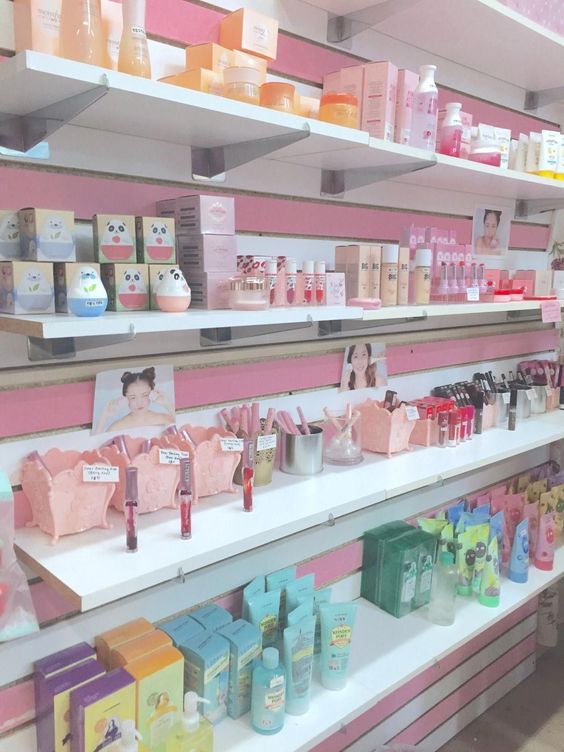 Photo from Pinterest
Photo from Pinterest
Sales and discounts are big culprits when it comes to making us buy things we don't actually want or need! The next time you're tempted to buy something that's on sale, ask yourself if you would still buy it if it was at full price. Instead of focusing on the discount, you'll be made to evaluate the product itself.
#5 Can I buy it later?
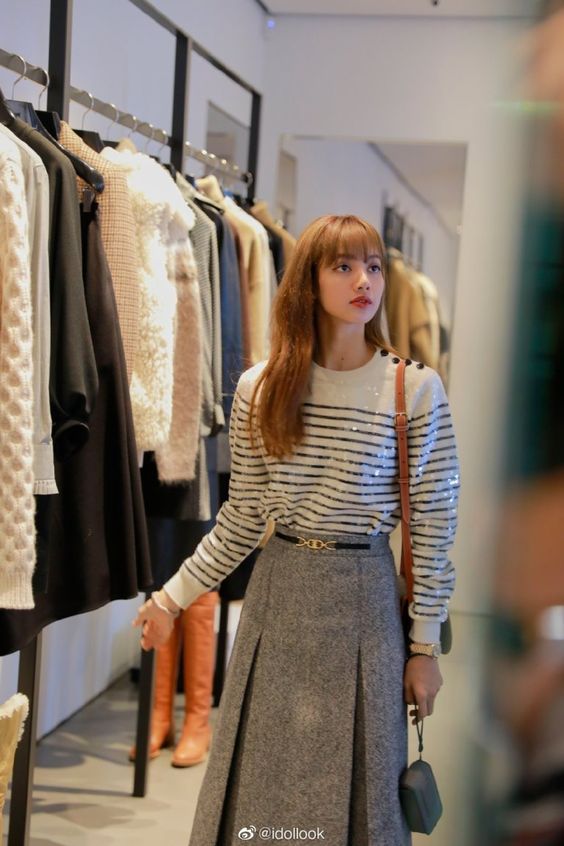 Photo from @idollook via Weibo
Photo from @idollook via Weibo
Sometimes, a good way to judge if you really need something is to see if you'd still buy it after one or two months. Ask yourself if there will be any difference to your life if you didn't own the item for a few months or even a year. If the answer is no, that means that you have existing products that serve the same purpose and you can wait until they need to be replaced.
Save items you want to buy in your wishlist and wait at least a month before deciding whether or not to buy it. If it's something you don't actually want, its appeal and the thrill of purchasing it would have worn off by then.
#6 Will I still use it in five or ten years?
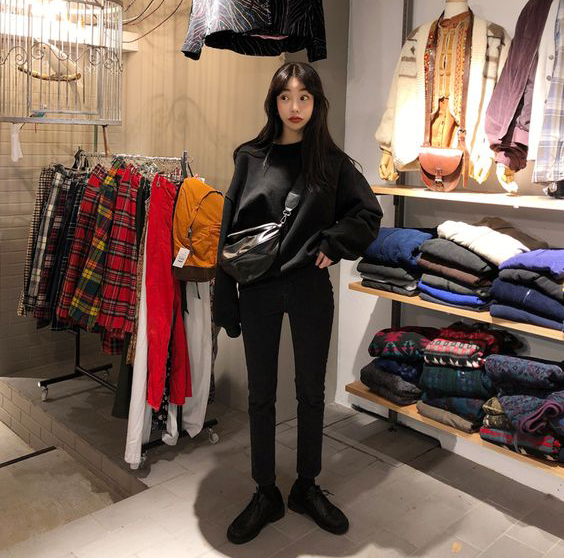 Photo from Pinterest
Photo from Pinterest
If the item you're contemplating to buy will only be of use or interest to you in the short term, you can probably opt not to buy it. Such things include trendy items, things you see on social media and tech products. Technology advances so quickly that you might find the things you buy outdated and boring very quickly. Any new type of product is also one to stay away from. Wait awhile for competitors to produce similar products and the prices may go down!
It's also best to pick quality over quantity. Low quality products won't last long and the money you spend replacing it might be even more than what you would pay for a high quality item. If your finances are tight, consider waiting and saving up if it's something that you can afford to delay buying.
#7 Is there a cheaper alternative?
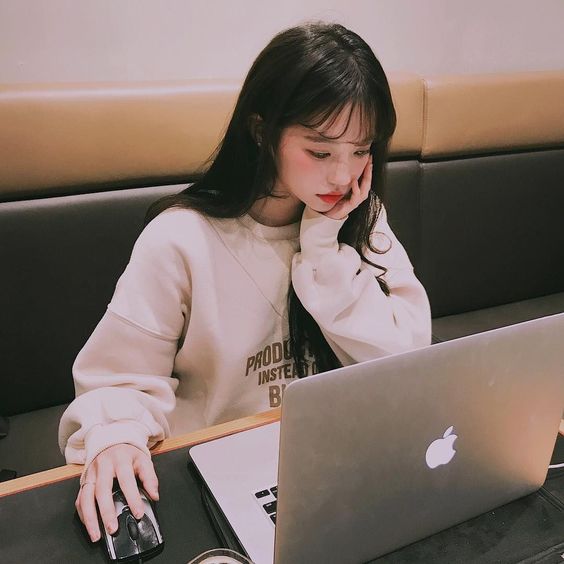 Photo from Pinterest
Photo from Pinterest
Bear in mind that #6 still applies, but if there is an alternative that is of the same quality but at a lower price, why not go for it? Take time to scour through different stores or websites for the cheapest price, look up coupon codes or rebates, ask your friends for recommendations and read reviews on the products to make the most value-for-money decision.
Think about the long term expenses too! If the product requires you to continuously spend money to maintain it, consider the entire long term cost rather than just the price of the product itself.
If you tend to shop on impulse, we hope that going through this checklist will help you find out if the product will actually add value to your life and if you're buying it at the cheapest price possible in the long term! Check out some easy money saving challenges and more tips on how to avoid impulse shopping. ?
Share this article with your fellow shopaholic friends who want to save money! ❤️
Text by: GirlStyle SG





